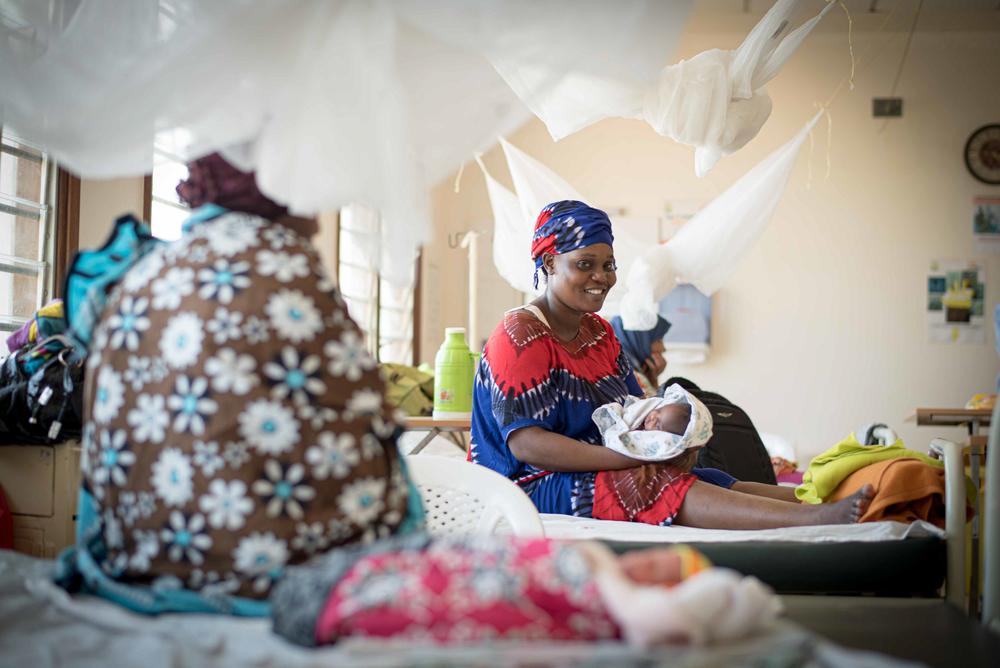In the six years since Doctors Without Borders/Médecins Sans Frontières (MSF) first started offering sexual and reproductive health services in Likoni, the sub-county in Mombasa has seen its capacity to manage complicated deliveries increase, making significant progress in reducing maternal and new born deaths.
Before 2016, there were no emergency obstetric or neonatal care facilities in Likoni. Expectant mothers from the subcounty had to cross over to Mombasa to give birth in the city’s main hospital. But the busy ferry crossing would often cause painful, sometimes even fatal, delays for women and their babies needing emergency obstetric care.
When MSF first started activities, it set up an innovative shipping-container facility, next to the Mrima Health Centre, from where it offered sexual and reproductive health services, including caesarean sections. In the meantime, it started working on expanding and equipping Mrima. The new Mrima Health Centre was officially opened in May 2018, with a 40-bed capacity, professionally designed consultation rooms, and improved medical fittings to cater for a higher number of patients and provide a better environment for mothers to deliver in.
Besides emergency obstetric and neonatal care, MSF also offered remedial services for sexual and gender-based violence survivors and had recently integrated Hepatitis B screening and vaccination as part of its maternity care package to prevent mother-to-child transmission of the disease.
“The COVID-19 pandemic has impacted health-seeking behaviours with many expectant mothers delaying visits to the health facility, so a focus on providing accurate and timely health information will remain important”, says Dana Krause, MSF’s head of mission in Kenya.
“At the same time, we hope that despite the economic consequences of the pandemic, national and county authorities will ensure that health budgets do no take a hit so that access to safe and accessible deliveries can be maintained and expanded further over the coming years”.
In the past, health care workers’ strike in 2017, and again in late 2020, have posed challenges for the continuity of health services including sexual and reproductive services. In 2017, at the peak of the health worker strike, deliveries saw a three-fold increase in Mrima, where MSF continued to guarantee services. Again, in late 2020, MSF stepped in to maintain access to sexual and reproductive services even as it had already begun the handover process.
In the six years MSF has supported the Mrima Health Centre, it assisted almost 30,000 deliveries, performed close to 4,100 caesarean sections, conducted over 53,000 antenatal and some 28,500 postnatal consultations.
"I wish to thank MSF for the exemplary work at the Mrima Hospital”, said Mr Hassan Ali Joho, Governor of Mombasa. “This facility is now a first choice for deliveries. We receive admissions from all over Mombasa county and beyond. This project will have a massive contribution towards achieving Universal Health Coverage".
